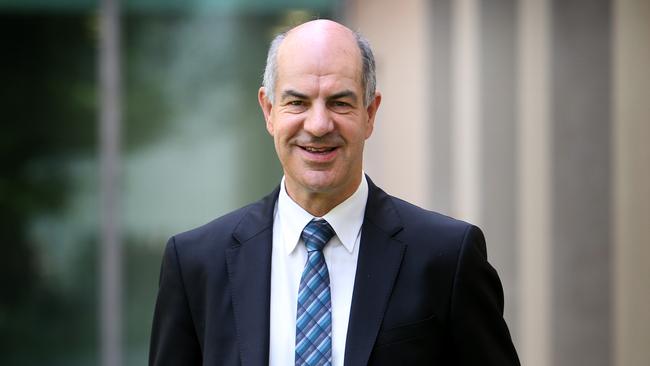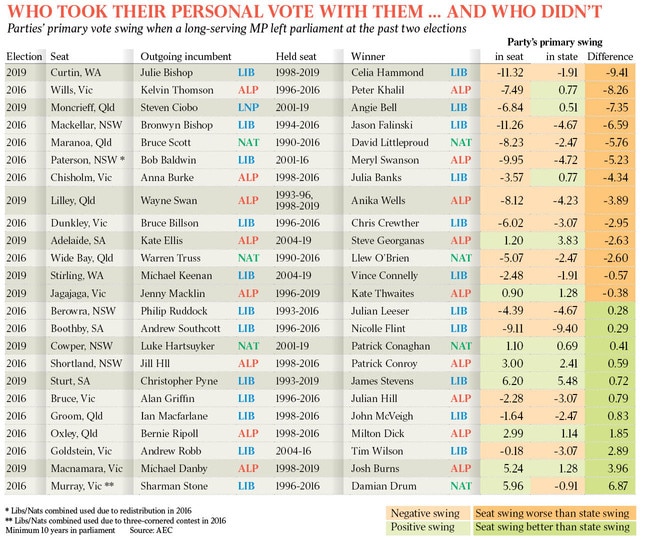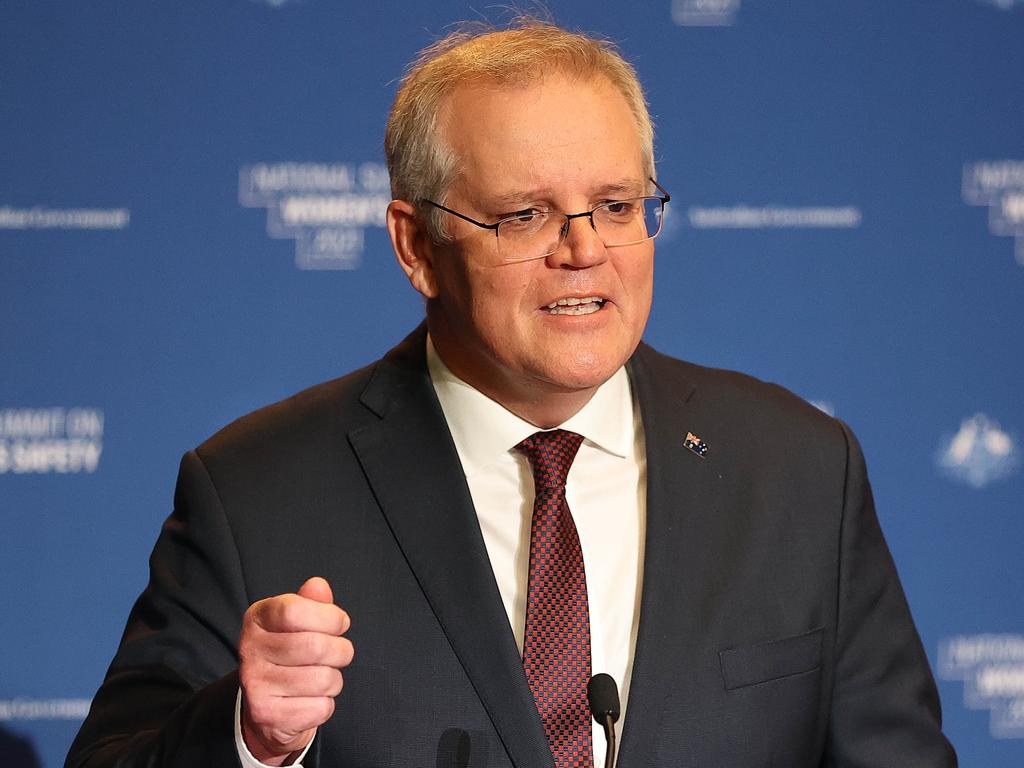The personal vote: is it enough to swing a poll?
When popular local MPs retire, does their vote go with them?

Joel Fitzgibbon’s decision to resign from parliament after 25 years of service leaves Labor having to defend a marginal seat with a new candidate against both the Nationals and Pauline Hanson’s One Nation.
Fitzgibbon’s primary vote plunged more than 14 percentage points at the 2019 election as One Nation candidate Stuart Bonds picked up 21.59 per cent of the vote and almost finishing second.
The adage says a popular local member is worth five percentage points. If that is true, given Fitzgibbon won Hunter with a margin of just 2.98 per cent, Labor starts the race behind – an almost unthinkable proposition in a heartland seat for the ALP.
But is the adage always true? The Australian looked at the results in 24 seats at the 2016 and 2019 elections where a sitting member with 10 or more years in parliament quit politics.
Given that some long-serving MPs quit if they sense an election loss approaching, it’s perhaps unsurprising that the party seeking to hold the seat suffered a swing against it on 16 occasions, or two-thirds of the time.
On only 13 of the 24 occasions did the party do worse in the seat than it did in the state, suggesting the departing MP’s “personal vote” was fickle
The departure of Kelvin Thomson in 2016 after 20 years in parliament left a sizeable hole in Labor’s vote in Wills, with his replacement Peter Khalil’s primary vote 7.49 points lower, even though the ALP’s primary vote in Victoria was 0.51 points higher.
Mr Thomson said that a personal vote had to be earned, with a lot of face-to-face contact with voters, and sometimes required a politician to build from a low base. “We had Bob Hawke as the member for Wills and while he may have been a great prime minister, he was not regarded as a hands-on local member,” he said.
“So we lost the 1992 by-election when he left because people felt neglected. We had to build back.

“I think there is such thing as a personal vote but you have to work hard for it … I maximised my face-to-face contact, I doorknocked all the time, and I had long local connections. People sometimes would say to me: ‘I don’t like Labor much but I liked your parents.’
“Local connections and local credentials matter. In Peter’s case, he wasn’t from the electorate so there was a swing, but you can rebuild that and he has. (Former attorney-general) Nicola Roxon was an example of that. She was parachuted into Gellibrand but within 18 months she was seen as a local.
“You just need to get past that first election.”
The pain for Labor was even greater in Chisholm at the 2016 election after former speaker Anna Burke announced she was leaving after 18 years in parliament. Replacement candidate Stefanie Perri saw Labor’s primary vote drop 3.57 percentage points, enough to hand Liberal Julia Banks the seat.
It was the only electorate nationwide that the Turnbull government picked up from Labor, a crucial gain as the Coalition came within a whisker of losing power.
Mr Thomson said he suspected the personal vote might soon become a thing of the past.
“It’ll be interesting to see the statistics in coming elections. With electorates getting bigger and a bigger population, you have a lot of MPs having less and less face-to-face contact with voters,” he said.
“A lot of MPs are either getting staff to handle their constituents’ matters or using social media to reach voters … it’s harder to get the personal vote that way.”
When former foreign minister Julie Bishop resigned at the 2019 election, ending a 21-year run in parliament, the Liberals saw her super-safe margin in Curtin slashed. Her replacement, Celia Hammond, suffered an 11.32-percentage-point drop, far greater than the 1.91-point swing away from the Liberals in WA.
When Steven Ciobo stood down at the same election after 18 years in parliament, the Liberal National Party’s new candidate for Moncrieff, Angie Bell, recorded a primary vote 6.84 points lower than Ciobo’s in 2016, despite the LNP’s vote across Queensland going up 0.51 points.
The nation’s second-longest serving MP, Philip Ruddock – who served in the house for more than 42 years and whose record is beaten only by former prime minister Billy Hughes’s 51 years in office – said on Monday the personal vote was definitely at play come election time.
“Personal vote is worth at least 2 to 3 per cent of the vote, and when you are a member for a much longer period of time, it can be a lot more influential than some in the political commentariat think,” Mr Ruddock said. “It can be important in swing elections. You look at John Alexander in Bennelong – he faced a very strong challenge from Labor in that by-election but he held on, in part because of the personal vote.”
Not everyone is missed, however … when Christopher Pyne brought down the curtain on 26 years in parliament at the last election, his replacement in Sturt lifted the party’s primary vote by 6.2 percentage points, even more than the 5.48-point lift the Liberals enjoyed across South Australia as Centre Alliance faded without Nick Xenophon at the helm.







To join the conversation, please log in. Don't have an account? Register
Join the conversation, you are commenting as Logout